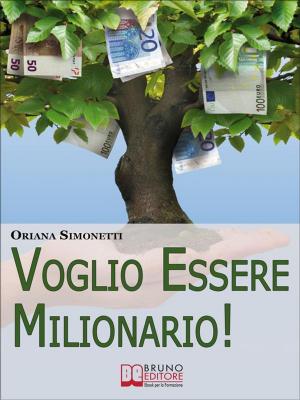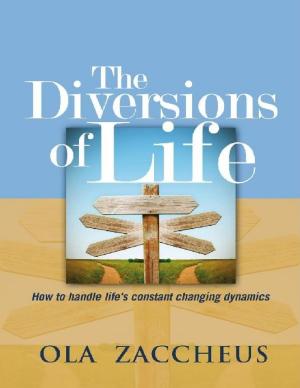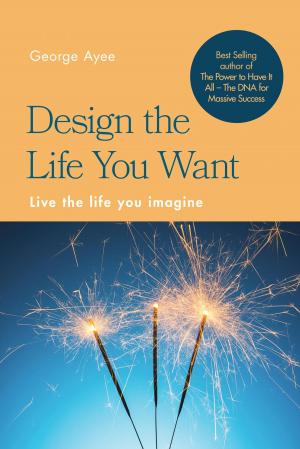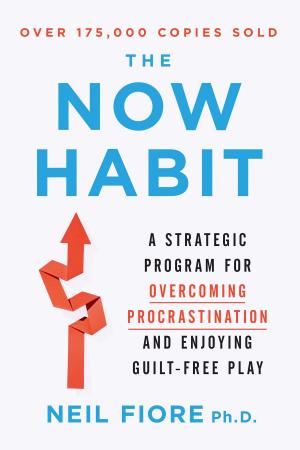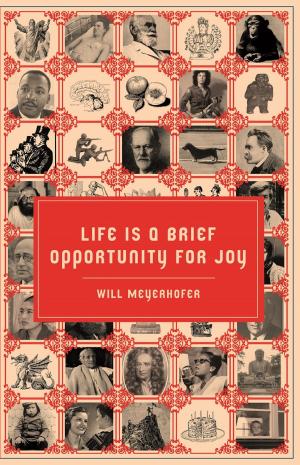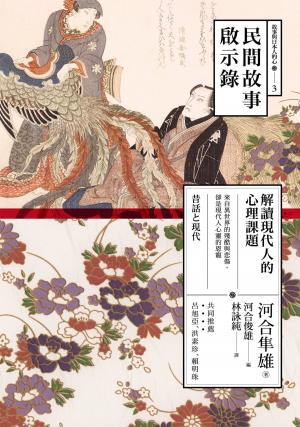Positive Messages
For Young Men Growing Up Without Their Fathers
Nonfiction, Health & Well Being, Self Help, Self Improvement, Motivational| Author: | Marc Anthony Butcher | ISBN: | 9780962293931 |
| Publisher: | YAMOO PUBLISHERS | Publication: | January 29, 2013 |
| Imprint: | Language: | English |
| Author: | Marc Anthony Butcher |
| ISBN: | 9780962293931 |
| Publisher: | YAMOO PUBLISHERS |
| Publication: | January 29, 2013 |
| Imprint: | |
| Language: | English |
Preface: When I was six and seven I constantly wondered why I didn’t deserve to have a father, the other half of my biological parents. I knew what my mother told me. She had left him. “But why?” “He was a black jellyfish”; a Black man with no backbone (that’s heavy). “Then why did you have three sons with him?” (I was the third.) There was no answer. Over time I realized the answer was she had made a poor decision when she married him. I met him much later. It was at my first holy communion. He had come to the church and after the ceremony, my father gave me a quarter and told me to share it with my brothers. It was My Celebration, and My Father gives me a cheap twenty-five cents and tells me to share it. So I took it home and gave it to my mother and told her what he had said, and I refused to take it from her when she tried to hand it back to me. I didn’t hear from him again, not a postcard or a letter, not even a phone call; that is, until I was nineteen years old. I happened to be at my mother’s house for a change of clothes (it was still my address, but by then I was spending most of my time elsewhere), and her former husband calls. She says, “It’s your father,” and hands me the telephone. When I put the phone to my ear and said “Hello,” he said, “Boy, you so intelligent, you’re stupid!” I took the phone from my ear and just let it dangle by my side, and thought I should hold it long enough to let my mother think I was actually speaking with him. I then put the phone back to my ear and said, “Excuse me, my mother wants to talk to you.” I called my mother and gave the phone back to her. Here was this man who had not provided my family with any support, a man I didn’t know and cared even less about, telling me his opinion of me. He must have heard me on a late night radio talk show discussing the students’ position about open enrollment. Very bluntly –with no ‘hello, how are you’—he’s going to tell me something about stupid intelligence for involving myself in a cause and closing down CCNY (this was back in 1969). After I had handed the phone back to my mother, I finished my pit-stop change and left the house. That was the last time my father ever said anything to me. Seventeen years later, and now fourteen years ago, I received a phone call from my half-brother, who I never knew existed, informing me that our father had died and had been buried. Shortly after this, I began thinking of the many things that might have made a difference to me if I had been told better, like “here, look at it this way,” or even to have been asked once in a while, “what do you think?” And so, for the past twelve years I have been formulating these positive messages to instill a particular type of thought in the mind of each person who may read them. Once a mind is exposed to an idea, it triggers a flood of thoughts; the mind is forever changed and so is the person. A young mind is open to suggestion. It is fertile and ripe for planting seeds of information. The information, if positive, will affect future decisions you might make. So many young people spend years trying to decide where they are going, but I’m not sure that they question why, for what purpose, to what end or mission? My intention is to add something extra to the lives of young men who, like me, won’t know their fathers, or are just too distant from them, for whatever reason. I have worked at keeping a moral tone in these messages and hope this will influence what you choose to do for the rest of your life. Marc Anthony Butcher Brooklyn, NY
Preface: When I was six and seven I constantly wondered why I didn’t deserve to have a father, the other half of my biological parents. I knew what my mother told me. She had left him. “But why?” “He was a black jellyfish”; a Black man with no backbone (that’s heavy). “Then why did you have three sons with him?” (I was the third.) There was no answer. Over time I realized the answer was she had made a poor decision when she married him. I met him much later. It was at my first holy communion. He had come to the church and after the ceremony, my father gave me a quarter and told me to share it with my brothers. It was My Celebration, and My Father gives me a cheap twenty-five cents and tells me to share it. So I took it home and gave it to my mother and told her what he had said, and I refused to take it from her when she tried to hand it back to me. I didn’t hear from him again, not a postcard or a letter, not even a phone call; that is, until I was nineteen years old. I happened to be at my mother’s house for a change of clothes (it was still my address, but by then I was spending most of my time elsewhere), and her former husband calls. She says, “It’s your father,” and hands me the telephone. When I put the phone to my ear and said “Hello,” he said, “Boy, you so intelligent, you’re stupid!” I took the phone from my ear and just let it dangle by my side, and thought I should hold it long enough to let my mother think I was actually speaking with him. I then put the phone back to my ear and said, “Excuse me, my mother wants to talk to you.” I called my mother and gave the phone back to her. Here was this man who had not provided my family with any support, a man I didn’t know and cared even less about, telling me his opinion of me. He must have heard me on a late night radio talk show discussing the students’ position about open enrollment. Very bluntly –with no ‘hello, how are you’—he’s going to tell me something about stupid intelligence for involving myself in a cause and closing down CCNY (this was back in 1969). After I had handed the phone back to my mother, I finished my pit-stop change and left the house. That was the last time my father ever said anything to me. Seventeen years later, and now fourteen years ago, I received a phone call from my half-brother, who I never knew existed, informing me that our father had died and had been buried. Shortly after this, I began thinking of the many things that might have made a difference to me if I had been told better, like “here, look at it this way,” or even to have been asked once in a while, “what do you think?” And so, for the past twelve years I have been formulating these positive messages to instill a particular type of thought in the mind of each person who may read them. Once a mind is exposed to an idea, it triggers a flood of thoughts; the mind is forever changed and so is the person. A young mind is open to suggestion. It is fertile and ripe for planting seeds of information. The information, if positive, will affect future decisions you might make. So many young people spend years trying to decide where they are going, but I’m not sure that they question why, for what purpose, to what end or mission? My intention is to add something extra to the lives of young men who, like me, won’t know their fathers, or are just too distant from them, for whatever reason. I have worked at keeping a moral tone in these messages and hope this will influence what you choose to do for the rest of your life. Marc Anthony Butcher Brooklyn, NY

